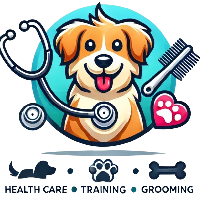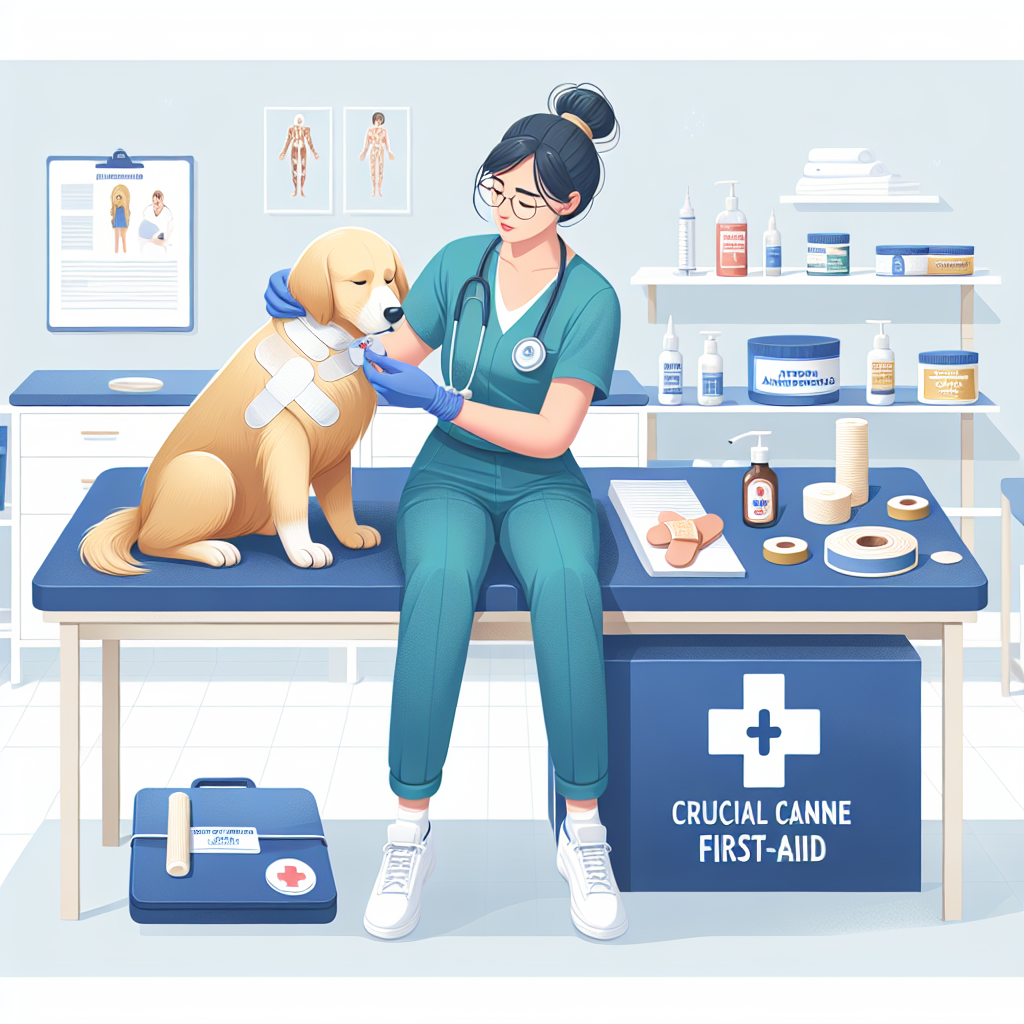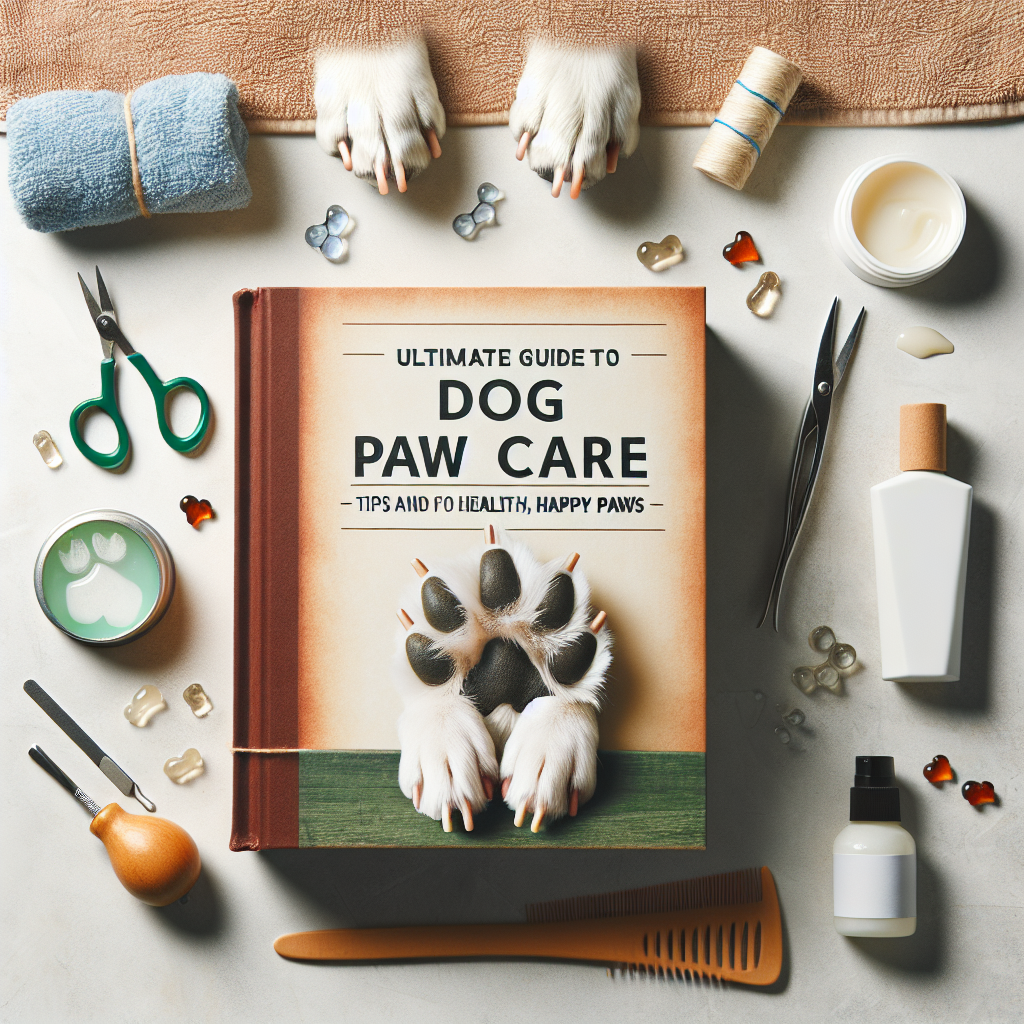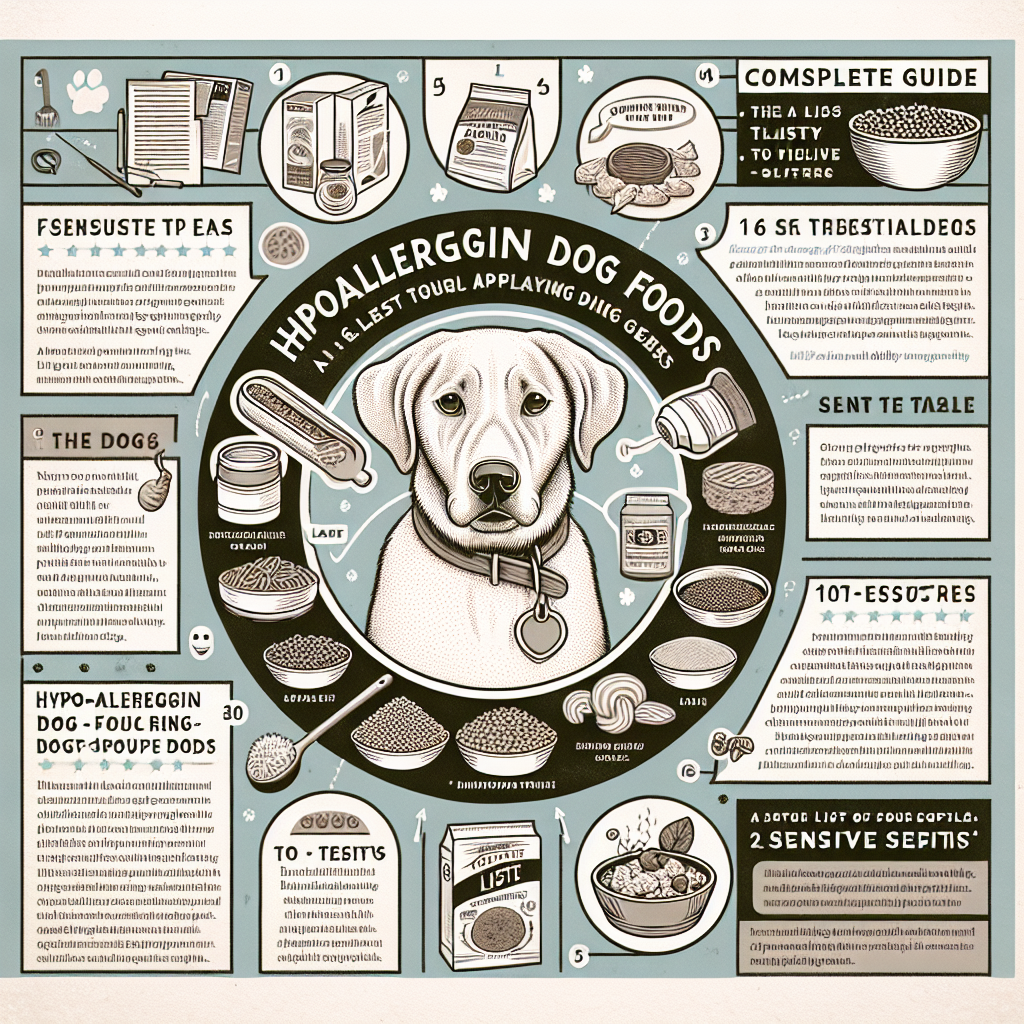
Top 10 Effective Strategies to Manage Canine Allergies: Expert Tips for Happy, Healthy Dogs
Allergies are not just a human problem; they affect our canine companions as well. Dogs, like humans, can suffer from a variety of allergies that can make their lives uncomfortable and unhealthy. Managing canine allergies involves understanding the root causes, symptoms, and most effective treatments. In this comprehensive guide, we will explore the top 10 strategies to manage canine allergies, ensuring your furry friend remains happy and healthy.
Understanding Canine Allergies
Before we delve into the strategies, it’s crucial to understand what allergies are and how they manifest in dogs. Allergies occur when a dog’s immune system overreacts to typically harmless substances, known as allergens. These allergens can be environmental, food-related, or even caused by parasites. Common symptoms include itching, redness, digestive issues, and respiratory problems.
1. Identify the Allergen
Effective allergy management starts with identifying the culprit. Veterinarians use a combination of approaches to determine the source of your dog’s allergies:
- Elimination Diets: These involve feeding your dog a novel protein and carbohydrate source that they haven’t been exposed to previously. Over time, foods are gradually reintroduced to identify the allergen.
- Allergy Testing: Blood tests and intradermal skin tests can help pinpoint environmental allergens like pollen, mold, or dust mites.
Expert Tip: Keep a detailed log of your dog’s symptoms, noting when they occur and any potential triggers. This can provide valuable insights for both you and your veterinarian.
2. Regular Grooming
Regular grooming practices can significantly reduce allergy symptoms by removing allergens from your dog’s coat and skin. Here’s what to include in your grooming routine:
- Frequent Baths: Use hypoallergenic shampoos specifically designed for dogs with sensitive skin. Frequent baths can wash off allergens like pollen and dust.
- Brushing: Daily brushing helps remove loose fur, dead skin, and potential allergens. Choose a brush suited to your dog’s coat type.
Expert Tip: Make grooming a positive experience by using treats and praise. This ensures your dog remains calm and enjoys the process.
3. Quality Diet and Supplements
A high-quality diet is pivotal in managing allergies, particularly food allergies. Look for dog food with:
- Limited Ingredients: These diets reduce the chance of exposing your dog to allergens.
- Hypoallergenic Options: Proteins such as duck, venison, or fish are often less allergenic.
- Supplements: Omega-3 fatty acids, found in fish oil, can help reduce inflammation and support skin health.
Expert Tip: Consult your veterinarian before making any dietary changes. They can recommend specific brands and formulations suited to your dog’s needs.
4. Environmental Control
Controlling your dog’s environment can limit their exposure to allergens:
- Clean Living Spaces: Regularly vacuum and clean your home to reduce dust mites, pollen, and pet dander.
- Air Purifiers: These devices can help remove airborne allergens.
- Bedding: Wash your dog’s bedding frequently in hot water to kill dust mites and remove allergens.
Expert Tip: Use hypoallergenic covers for your dog’s bedding and any furniture they frequently rest on.
5. Medications
When lifestyle and dietary changes aren’t enough, medications can help control allergic reactions:
- Antihistamines: These can alleviate mild symptoms like itching and sneezing.
- Steroids: For severe reactions, corticosteroids can reduce inflammation quickly but should be used under strict veterinary guidance due to potential side effects.
- Immunotherapy: Allergy shots or oral drops can gradually desensitize your dog to specific allergens over time.
Expert Tip: Always follow your veterinarian’s prescription plan closely and report any side effects immediately.
6. Parasite Control
Parasites like fleas can cause or exacerbate allergies. Effective parasite control includes:
- Regular Treatments: Use vet-recommended flea and tick preventatives year-round.
- Environmental Control: Clean and treat your home and yard to reduce flea populations.
- Monitor: Regularly check your dog for signs of fleas, such as itching or visible flea dirt.
Expert Tip: Even if you don’t see fleas, consistent preventative measures are essential, as undetected infestations can quickly escalate.
7. Use of Topical Treatments
Topical treatments can provide immediate relief to itchy or inflamed skin:
- Medicated Shampoos and Creams: Products containing hydrocortisone or aloe vera can soothe irritation.
- Rinses and Sprays: Oatmeal-based rinses or sprays can provide relief without the side effects of systemic medications.
Expert Tip: Topicals can be used in conjunction with other treatments for a multi-faceted approach to manage skin symptoms effectively.
8. Behavioral Focus
Stress can exacerbate allergy symptoms. Reducing stress can be achieved through:
- Routine: A consistent daily routine provides a sense of security.
- Exercise and Play: Regular physical activity can reduce stress and improve overall health.
- Training: Positive reinforcement training can address behavioral issues that may arise from discomfort, such as excessive scratching or licking.
Expert Tip: If stress seems to be a significant factor, consider consulting a veterinary behaviorist for tailored advice.
9. Natural and Holistic Approaches
Some pet owners find relief through natural and holistic treatments:
- Herbal Remedies: Ingredients like chamomile, calendula, and licorice root can have anti-inflammatory properties.
- Homeopathy and Acupuncture: While scientific evidence varies, some dogs benefit from these alternative therapies.
- Probiotics: These can improve gut health and, consequently, overall immune function.
Expert Tip: Always discuss alternative treatments with your vet to ensure they are safe and won’t interfere with conventional therapies.
10. Regular Veterinary Check-Ups
Consistent veterinary check-ups are crucial for managing your dog’s allergies:
- Monitoring Symptoms: Regular visits help monitor the effectiveness of treatments and make necessary adjustments.
- Preventative Care: Early detection of potential issues can prevent severe flare-ups.
- Vaccinations and Parasite Control: Keeping up with vaccinations and parasite preventatives ensures comprehensive health management.
Expert Tip: Maintain open communication with your vet and provide updates on any changes in your dog’s symptoms or behavior.
Conclusion
Managing canine allergies involves a comprehensive approach, combining dietary management, environmental control, regular grooming, and medical interventions. By identifying allergens and implementing these top 10 strategies, you can significantly improve your dog’s quality of life. Remember, each dog is unique, and what works for one may not work for another. Collaborate closely with your veterinarian to tailor a plan specific to your dog’s needs, ensuring they remain a happy and healthy member of your family.
#ChatGPT assisted in the creation of this article.





